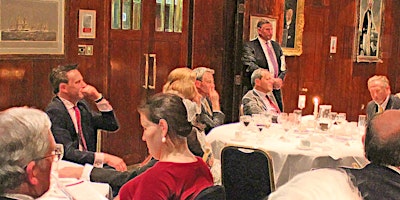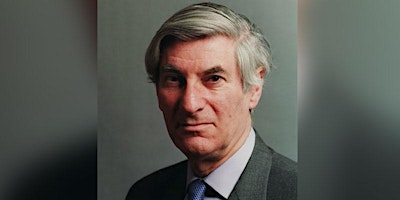Past Event
Devonshire House TIF TALK – Gender Pay Reporting
A Devonshire House TIF Talk A Topical Interest Forum - Short, Sharp & Immediately Relevant. Gender Pay Reporting - 28.6.16 Would you – or,Read More »
Claire Fox, CEO of The Institute of Ideas, leads the debate at Devonshire House on 28.3.17
Claire Fox, CEO of The Institute of Ideas presents and leads a discussion/ debate at Devonshire House on 28.3.17, based on her splendid andRead More »
28.02.18 Prof Vernon Bogdanor, speaks at Devonshire House
Professor Vernon Bogdanor is arguably the most foremost constitutional expert in the UK of the current generation. He was for many years ProRead More »
5.9.18 Devonshire House Autumn Debate on Corporate Governance
Click here to become a member and save upto 25% on this eventRead More »
18.09.18 Speaker Event – Rt Hon John Redwood MP
Click here to become a member and save upto 25% on this event (Basic Membership is Free) We are delighted to welcome John RedwoodRead More »






